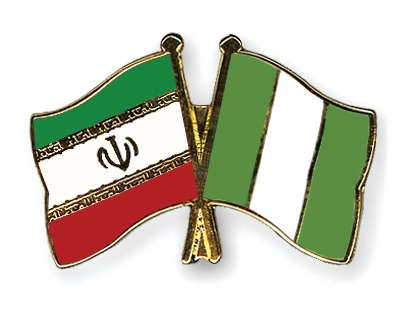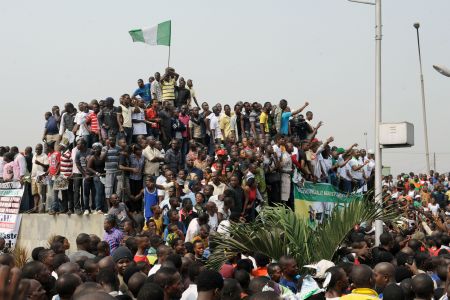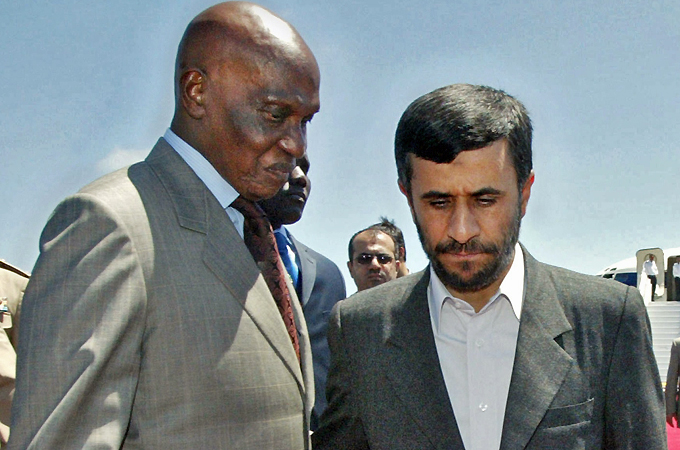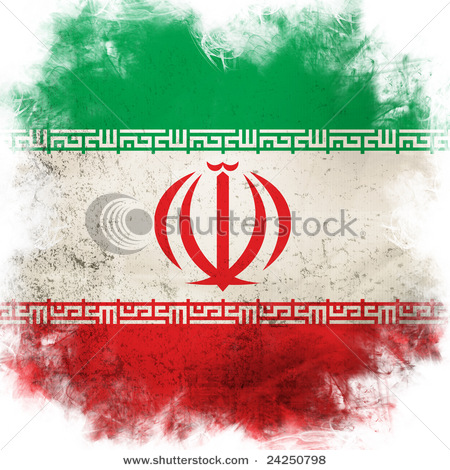Iran Live Coverage: A New --- and Genuine --- Offer in the Nuclear Talks?
See also Iran Analysis: Taking Apart the "Iranian Terror Cell in Nigeria" Story
Wednesday's Iran Live Coverage: Detaining the Journalists
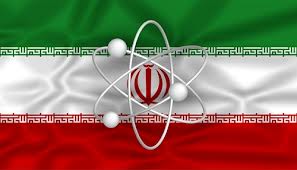 2055 GMT: Nuclear Watch. Amid the inevitable political spin around the IAEA report on Iran's nuclear programme, Al Monitor hands over its summary to David Albright of the Institute for Science and International Security.
2055 GMT: Nuclear Watch. Amid the inevitable political spin around the IAEA report on Iran's nuclear programme, Al Monitor hands over its summary to David Albright of the Institute for Science and International Security.
Unsurprisingly, Albright, with a long-time pattern of hostility towards Tehran, is selective in trying to present an IAEA condemnation of the Islamic Republic. He introduces the new charge that the Tehran Research Reactor, known for its production of medical isotopes, is testing fuel for a heavy water reactor at Arak. Then he puts out the line that new centrifuges at the Natanz enrichment plant --- even though Tehran says they are for 5% uranium only --- are an ominous power play by Iran: “The depressing news is they think they’re strengthening their position by racing ahead with the installation of all these machines."
Al Monitor helps out Albright with the unsupported assessment, "Another possibility is that Iran — despite its frequent protestations to the contrary — is seeking to make nuclear weapons or at least become a “virtual” nuclear weapons state with the capacity to build bombs quickly." Somewhat confusingly, it has the later contradiction --- which is based on information from the IAEA report:
The good news in the report is that Iran in December resumed sending some of its 20%-enriched uranium for conversion into fuel for the TRR. While Iran has added to its stockpile of 20% uranium since the IAEA's last report in November, it is still below what is believed to be an Israeli red line for possible military action.

 Thursday, February 21, 2013 at 13:25
Thursday, February 21, 2013 at 13:25